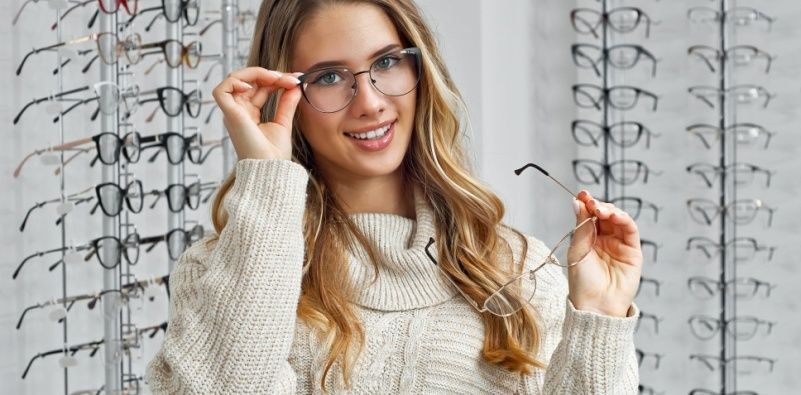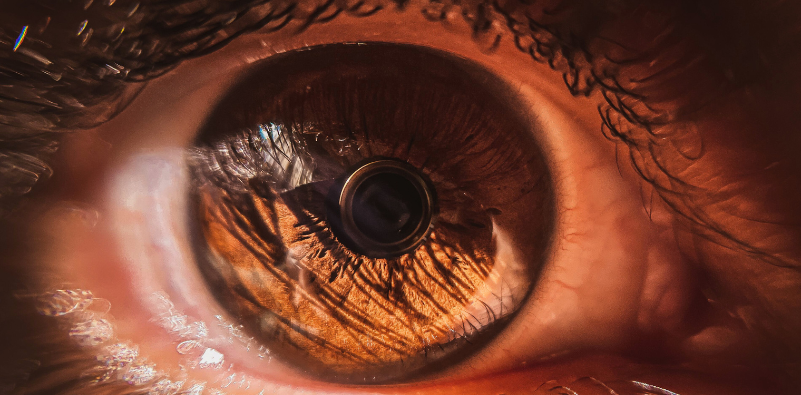Top Tips for Children’s Eye Care
Looking after your children’s eye health is not just important for helping them to progress at school with tasks such as reading and writing, it is also important to establish good eye health habits early to remain as healthy as possible throughout their life.
Here are some of the top tips for taking care of your children’s eye care:
Regular eye tests
The NHS recommends that you get your eyes checked at least every two years and making sure your child has regular eye tests will help to resolve any common childhood conditions such as lazy eye or squinting. The earlier these types of conditions are picked up, the sooner they can get treatment and there is a better chance of resolving the problem easily. Eye tests are free for anyone under 19 and in full time education, so get your appointment booked as soon as possible.
A balanced diet and exercise
Having a healthy balanced diet with lots of fruit, vegetables and fish will help to boost eye health. Vitamin C, E, zinc and omega-3 fatty acids found in fish are all recommended as part of a healthy diet for children’s eye health. Staying fit and active is also important for eye health, as it will help to prevent the development of diabetes, which leads to eye problems including blindness.
Limit digital device usage
Using digital devices has become very popular for children and adults, whether that is a phone, tablet, gaming on a PC or watching more TV. Try to limit digital device use and encourage your children to have breaks where they are not looking at the screen. You should also make sure they are not sitting too closely to screens as this can strain eyes. If you are worried about how much screen time your children are having, try and think of some different hobbies to interest them.
Sunglasses for UV protection
UV rays can cause a lot of harm to children’s eyes, so it is important to buy them sunglasses that have excellent UV protection and get them into the habit of wearing them when they are on holiday, or throughout sunny days in summer, when they are outside.
Discuss your child’s eye care with teachers
You should also check in with your child’s teacher to see if they have picked up any signs of squinting at the board, or any other indication that there may be an eye care issue that requires assessment. If your child gets prescribed glasses, you should also have a conversation with their teacher to explain when they should be wearing them and ask them to encourage your child to wear them if they take them off at school.











